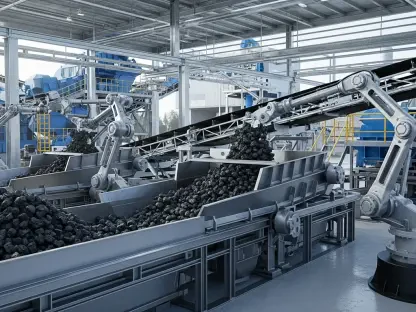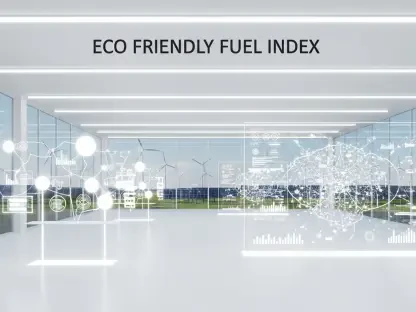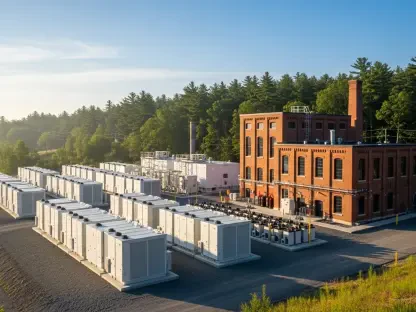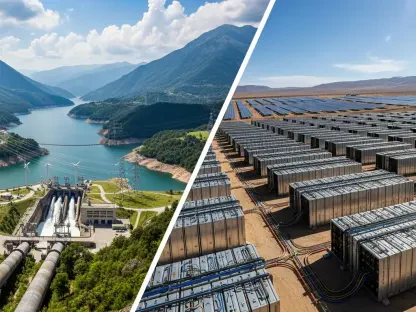The expanding adoption of rooftop solar energy has brought great promise; however, it has also introduced the challenge of periodic oversupply of energy. This issue became particularly pressing in regions with high solar adoption, such as South Australia. Managing the balance between supply and demand proved critical to avoid financial losses from negative market prices during times of energy oversupply. In response to this problem, ENGIE and SA Power Networks initiated the Market Active Solar trial, a 12-month endeavor designed to explore innovative solutions to this pressing issue.
Innovative Trial and Customer Participation
The Market Active Solar trial invited customers to participate by permitting ENGIE to manage the energy export from their solar panels during periods of oversupply. Within this framework, the company could curtail the solar exports to prevent congestion in the grid. In return, participants received compensation that exceeded standard solar feed-in tariffs, presenting an attractive financial incentive. This approach addressed the financial concerns related to negative market prices and excessive solar feed-in tariffs simultaneously. Initially capped at 50 participants, the trial’s success led to expanding the limit to 100 households. Feedback from these participants has been overwhelmingly positive, indicating the trial’s success in both customer satisfaction and operational effectiveness.
Collaborative Approach and Broader Benefits
The trial’s funding from the Australian Renewable Energy Agency (ARENA) under the Advancing Renewables Program underlined its importance and potential for broader applications. This collaborative effort aimed to showcase that smart energy management could be mutually beneficial for both consumers and network operators. The trial not only provided financial benefits to the participating households but also alleviated congestion on the local grid, preventing the need for costly upgrades. This market-led curtailment solution reflected a practical approach to managing solar energy integration, aligning the interests of various stakeholders in the energy ecosystem. Overall, this initiative demonstrated a roadmap for sustainable energy infrastructure that could be replicated in other regions grappling with similar challenges.
Future Implications and Potential
The growing adoption of rooftop solar energy has brought significant potential, yet it has also introduced the issue of occasional surplus energy supply. This challenge has become particularly significant in areas with high solar energy adoption, such as South Australia. Balancing supply and demand has proved crucial to mitigating financial losses that can occur due to negative market prices during periods of energy oversupply. To address this problem, ENGIE and SA Power Networks launched the Market Active Solar trial—a yearlong project aimed at investigating innovative solutions to this critical issue. The initiative sought to explore methods for better integrating solar energy into the existing power grid, ensuring that excess energy could be effectively managed or stored rather than leading to financial inefficiencies. This trial was essential in aiming for a future where renewable energy can be both sustainable and economically viable, paving the way for broader solar energy adoption without the pitfalls of energy imbalance.









